Premium Only Content
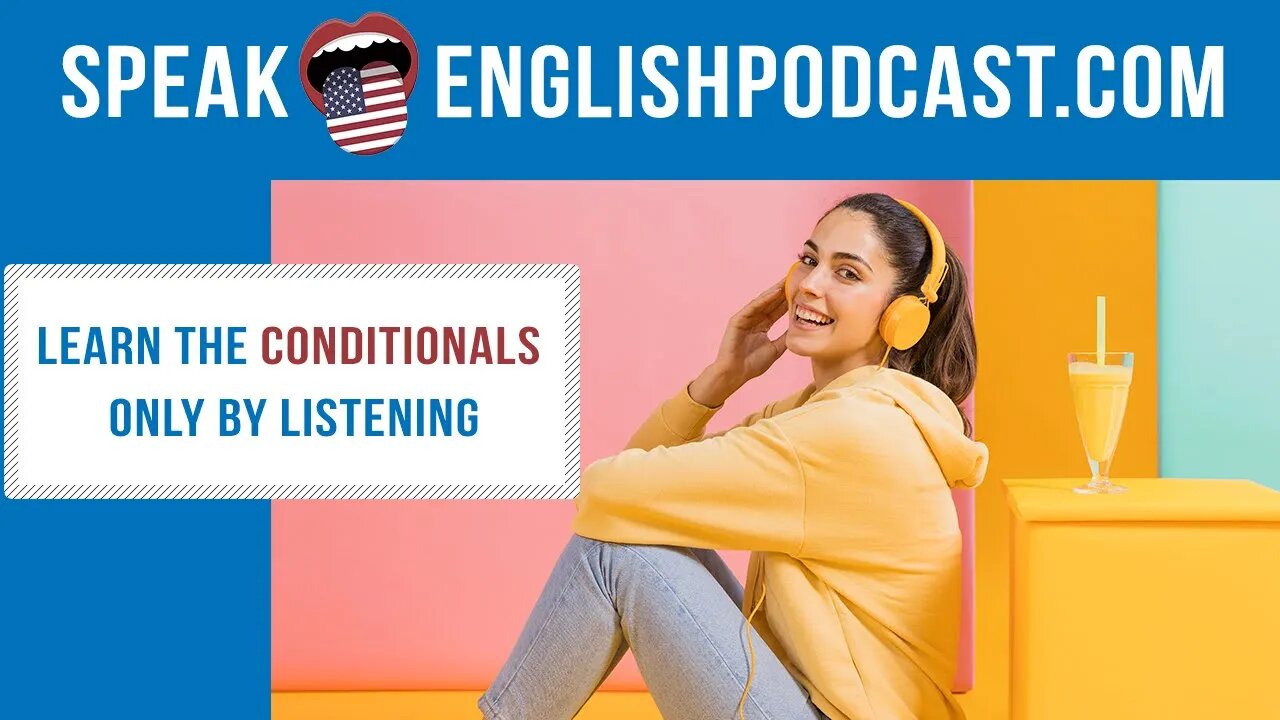
#148 Learn the English Conditionals only by listening (rep)
#148 Learn the English Conditionals only by listening (rep)
READ the TEXT here: https://Speakenglishpodcast.com
Please join me on Telegram:https://t.me/speakenglishpodcastcom
0:00 Intro
0:13 Episode 148
3:35 Story
Hi everyone!
I’m Georgiana; founder of SpeakEnglishPodcast.com. My mission is to help YOU speak English fluently.
Today, I’ll talk about how we use conditionals in English.
After that, we’ll practice them with a Point Of View Story.
Ok, let’s get started!
I’m going to review the different conditionals in English. I don’t recommend you to memorize them, but to understand them. You need plenty of contexts, and the best way to practice the conditionals is by using the Point of View story technique.
Conditionals in English aren’t complicated. I’m going to give you some examples:
Zero conditional
Here, we talk about things that are always true. For example:
If you heat water, it boils.
If you heat ice, it melts.
If it rains, the grass gets wet.
First Conditional
We use the first conditional when we talk about a probable result. For example:
If you study more, you’ll pass the exam.
If I have time, I’ll help you.
Second Conditional
We use the second conditional in case we want to express less probability.
I know you’re busy, but if you went to the cinema, you’d enjoy the new Star Trek movie.
If you studied more, you’d pass the exam.
As you can see, this is more hypothetical. “If you went to the cinema”, means you won’t probably go, but if you went, then you’d like the movie. In the second example happens the same: If you studied more…it seems that you aren’t currently studying enough.
Third Conditional
This third conditional is in the past. We talk about an alternative result about something that happened in the past. For example:
If you had studied more, you would’ve passed the exam.
If I had had more time, I would’ve helped you.
If I had visited you, I could’ve helped you.
In the third conditional, everything happens in the past, and we just express a different result if things weren’t different in the past.
Let’s quickly review the first, second, and third conditional with a common example:
If I have enough money, I’ll buy a ticket to travel to New York.
If I had enough money, I would buy a ticket to travel to New York.
If I had had enough money, I would’ve bought a ticket to travel to New York.
Can you see how the tenses change?
#148 Learn the English Conditionals only by listening (rep)
READ the TEXT here: https://Speakenglishpodcast.com
Please join me on Telegram:https://t.me/speakenglishpodcastcom
-
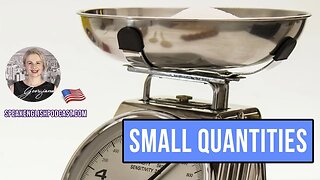 16:04
16:04
Speak English podcast with teacher Georgiana
2 years ago252 Words and Phrases to Describe Small Quantities in English
6091 -
 DVR
DVR
Flyover Conservatives
10 hours agoAI Encouraged Suicide: The Global Experiment on Our Kids - Joe Allen | FOC Show
16.1K2 -
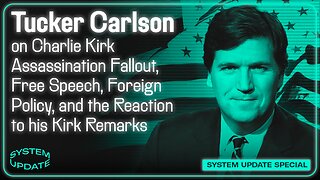 1:07:40
1:07:40
Glenn Greenwald
5 hours agoTucker Carlson on Charlie Kirk Assassination Fallout, Free Speech, Foreign Policy, and the Reaction to his Kirk Remarks | SYSTEM UPDATE #520
149K106 -
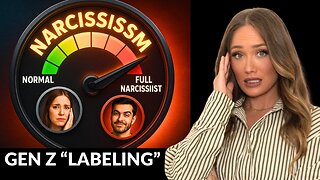 14:22
14:22
Robbi On The Record
2 days ago $0.64 earnedGen Z’s Narcissism Obsession: Why Everyone’s a “Psychologist”
19K9 -
 LIVE
LIVE
GritsGG
6 hours agoQuad Win Streaks!🫡 Most Wins in WORLD! 3600+
262 watching -
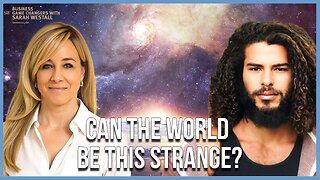 1:09:28
1:09:28
Sarah Westall
3 hours agoCan the World Be This Strange? The Nature of Our Reality w/ Darius J Wright
20.7K1 -
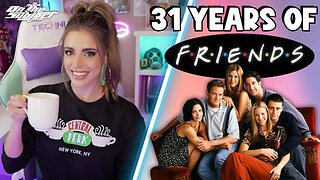 1:58:20
1:58:20
megimu32
3 hours agoOn The Subject: Friends | 31 Years of the Sitcom That Defined a Generation
27.1K4 -
 30:00
30:00
BEK TV
1 day agoCounter Culture Mom
5.04K -
 1:24:54
1:24:54
Kim Iversen
6 hours agoTylenol vs Vaccines: Which One Is The REAL Cause Of Autism? The Truth Will Upset You
58.4K67 -
 LIVE
LIVE
GloryJean
4 hours ago2v2 Tuesday 🔥 Night Games w/ The Boys 🖱️ 6.7 K/D
8 watching